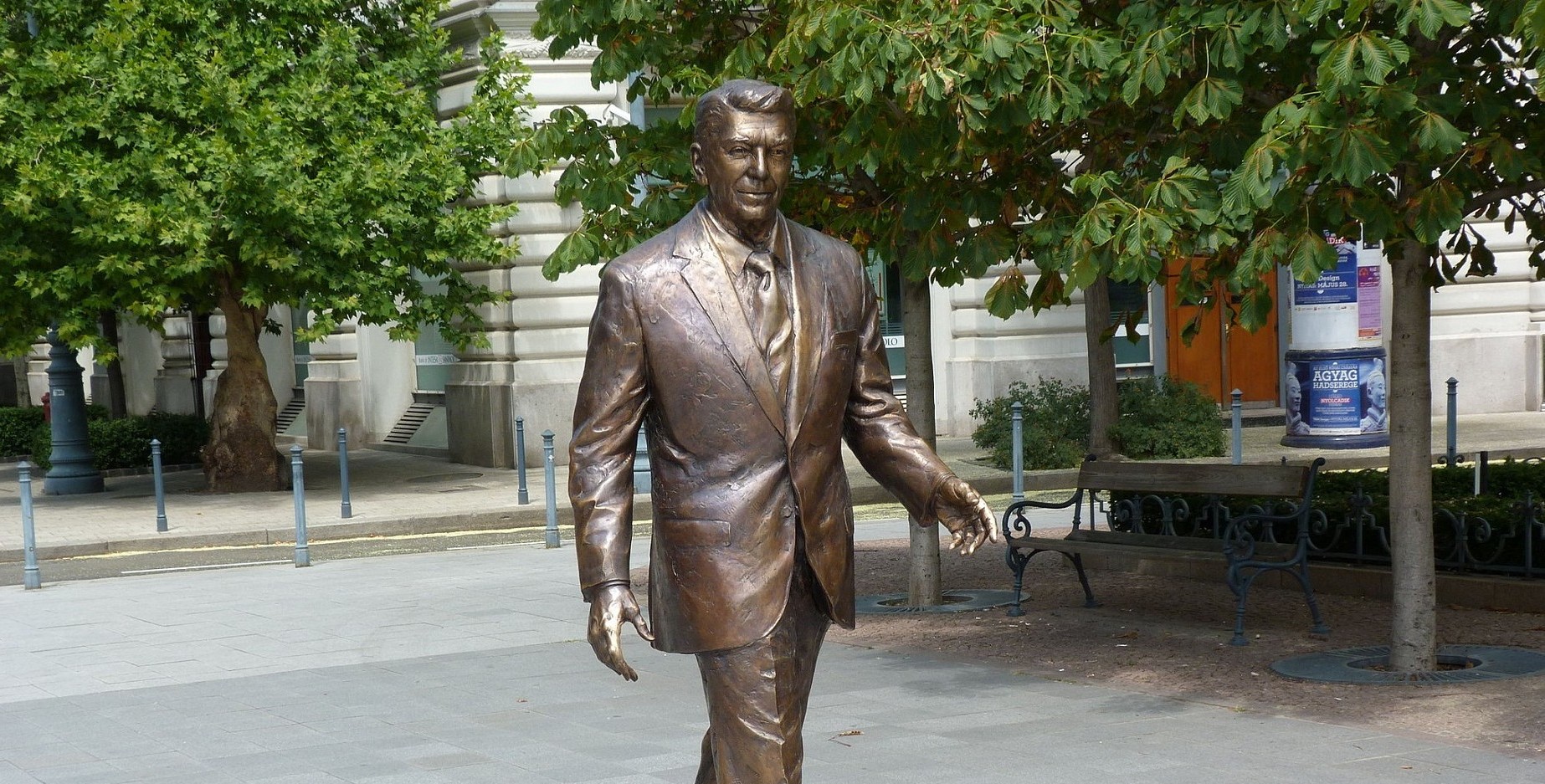
10 Dec Euro-Atlantic Café: The State of the Alliance (Pre-Study)
Happy birthday NATO!
By Daniel Bartha, CEID
Pre-Study for Euro-Atlantic Café, December 6th, 2019
Happy Birthday, but please don’t kill the party! This could have been the motto of the 70th Anniversary Summit of NATO. French President Emmanuel Macron, the usual troublemaker, almost became the party pooper when calling the Alliance “brain dead” in a recent interview with The Economist. Luckily, the French President did a big favor for the hosts as President Trump didn’t need a random target and rather than criticizing everybody else for not taking their commitments seriously, he felt insulted on behalf of the whole community of member states[1].
NATO has a lot to celebrate, but its health was slightly better in his sixties. The Alliance managed to readapt itself twice in the last decades to face new challenges. Its transformation following 9/11 brought new life and goals for the alliance, and while the economic crises and the Asia pivot weakened it, Russia reactivated everybody with the occupation of Crimea and the aggression in Eastern Ukraine.
The adaptation has started again and the Newport Summit in Wales and the Warsaw Summit brought the necessary reforms. The United States returned to Europe, while the European Allies, especially on the Eastern Flank launched unprecedented defence reforms and modernization.
While many worried when President Trump threatened everybody with yet another reset policy with Russia, US commitment and support have further increased, and European leaders took him more seriously than President Obama, when they planned their defence budget.
So what went wrong?
An easy answer is what also Ivan Krastev argues for in his recent article[2], that in the past 70 years, Europeans have known that, no matter who is in power, America’s foreign policy and strategic priorities will be consistent. Today everybody questions that. While many find Macron’s wording unfortunate, they agree with him that Europe needs more foreign policy independence.
Indeed, bipartisan consensus on the fundamental values and goals represented by the US in the world, is no longer present, but is Europe spotless? Do we really think that populism is only present in the US and in Central Europe? Then how about President Macron?
Blaming the US for global problems, such as the Syrian civil war, China’s global presence, the growing tensions with the authoritarian Turkish leadership or even the disruption with Russia is easier than facing the obvious: namely, that Europe also lacks internal consensus on the above mentioned issues.
It is Europe which brokered a shady deal with Erdogan to keep refugees in Turkish camps, and shivers whenever the Turkish President is using this deal to blackmail European nations. It is Europe which is not capable to agree to condemn and sanction China’s human rights abuses. It is Europe where leaders, including President Macron and some German politicians are cunningly undermining sanctions on Russia.
We can blame the United States for not having a reliable and predictable foreign policy, but are Europeans more consistent?
We cannot neglect to write about the role of Hungary in these debates. Budapest blocks and vetoes on a regular basis the common agenda of the EU such as condemning China’s human rights abuses, condemning the Turkish military intervention in Syria or the agreement of the EU-Africa Summit. Policymakers in Washington are possibly following these developments with mixed feelings, but if Hungary continues to block NATO negotiations with Ukraine, sooner or later it will cross a line. No matter if Viktor Orbán buys American weaponry and appraises the Alliance, by suggesting that „NATO has become part of our own integrity”.
All European nations will have to decide and support either the United States or China in their future conflict. They will have to provide solutions to counter Chinese and Russian presence in the Middle East, the Western Balkans and in Africa as the US will not protect European interests.
The real test is not Donald Trump but if and when Europe will be able to make its own choices. Until then, Happy Birthday!
© CEID 2019
This paper was prepared in the framework of the Euro-Atlantic Café series sponsored by the US Embassy in Budapest. It was also published on Balkan Insight.
[1] Trump remarks on Macron, The Guardian, 3 December 2019 https://www.theguardian.com/world/2019/dec/03/trump-macron-brain-dead-nato-remarks
[2] Ivan Krastev: Will Europe Ever Trust America Again? https://www.ecfr.eu/article/commentary_will_europe_ever_trust_america_again?fbclid=IwAR0SZ0RE1e1O1ZnPYmPi2oXAxpAcpjgX3TvGrBTupQ60XBt7dOhuUv0ZiWc

